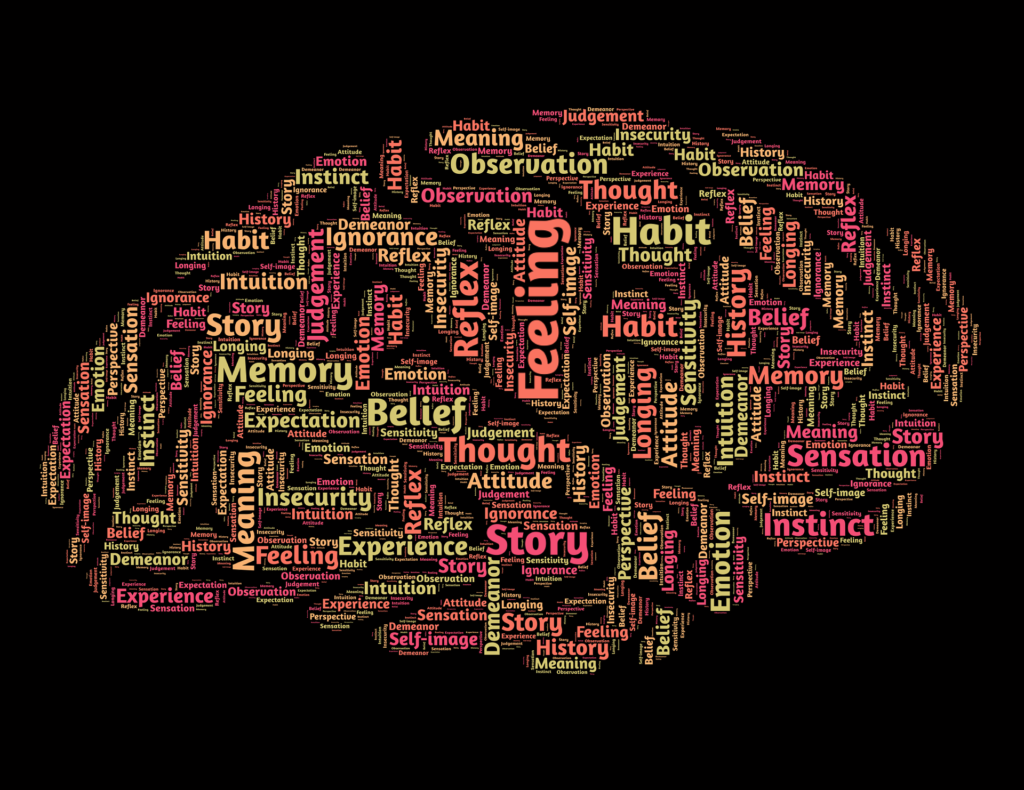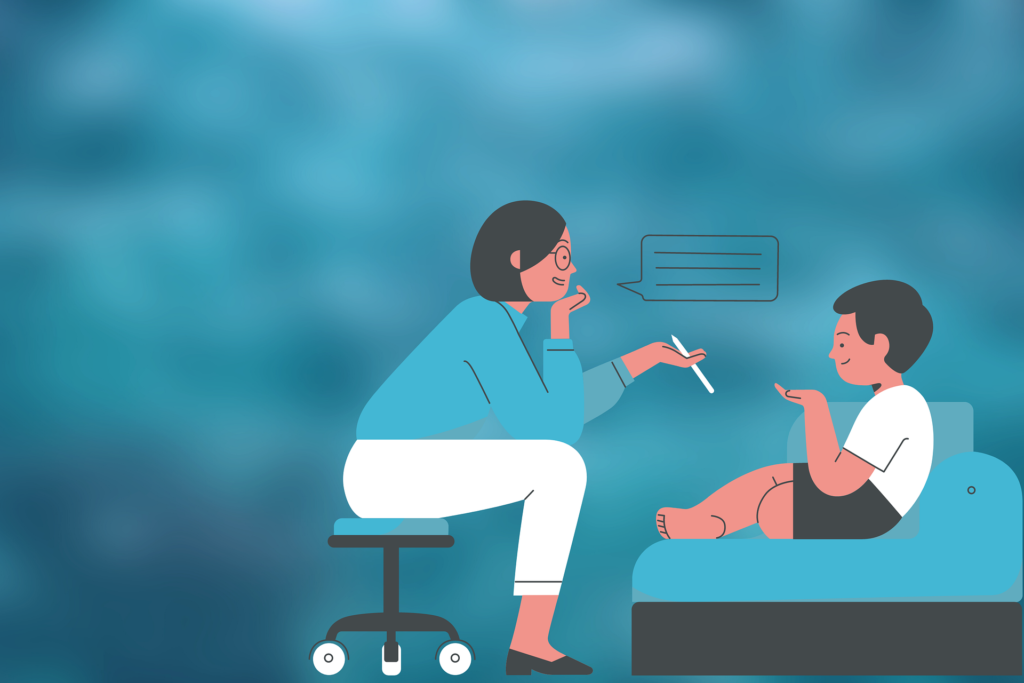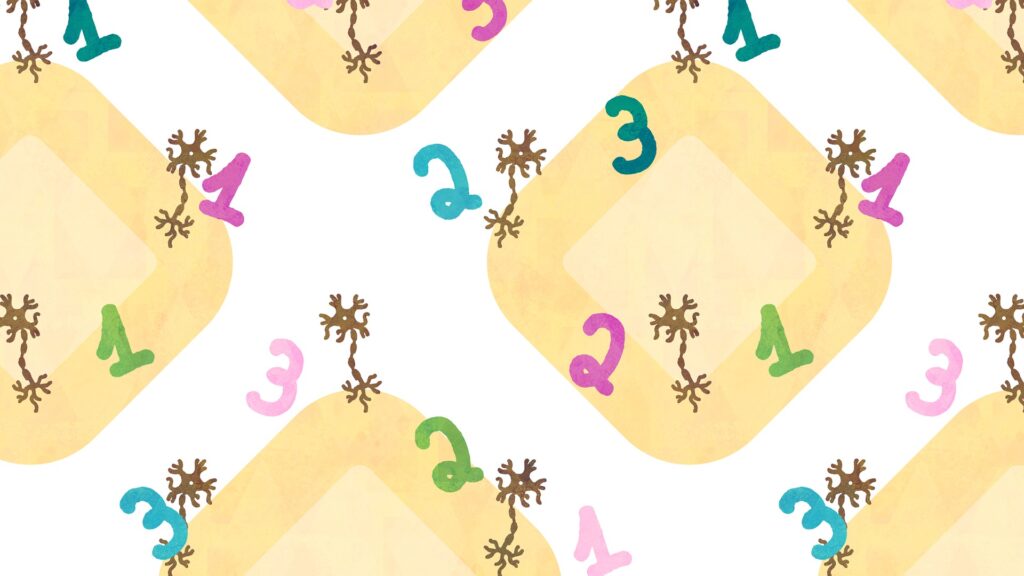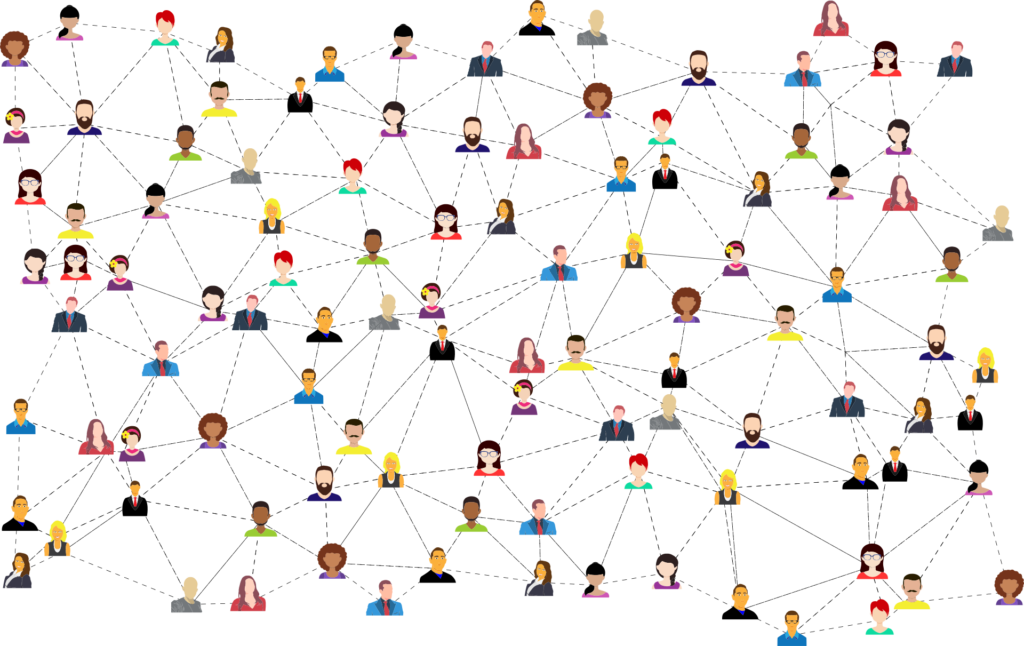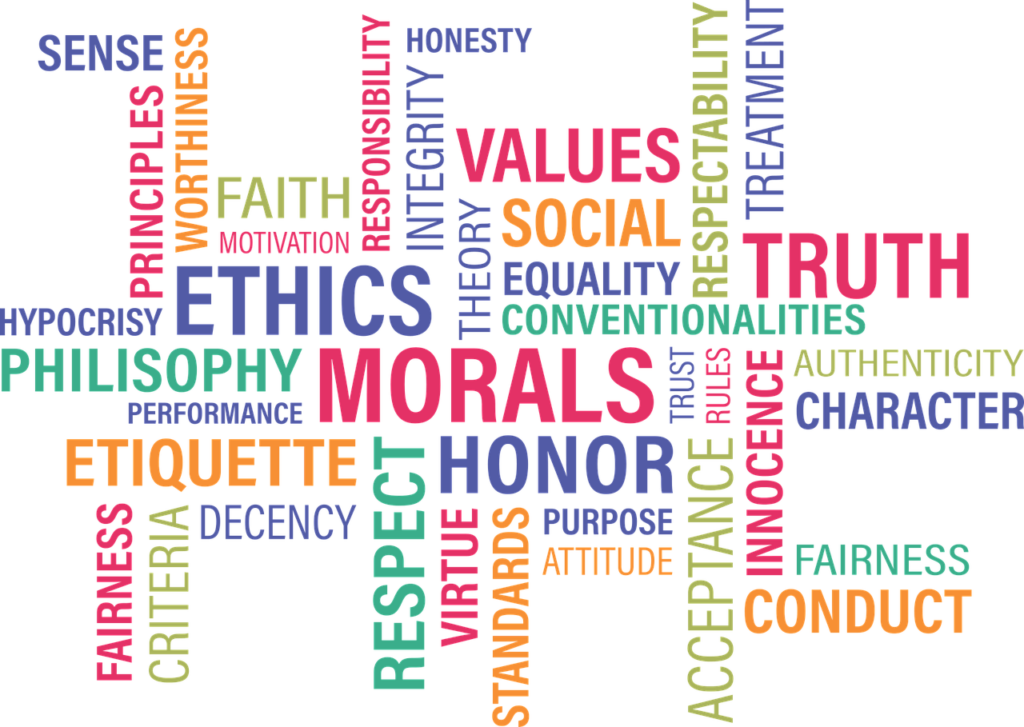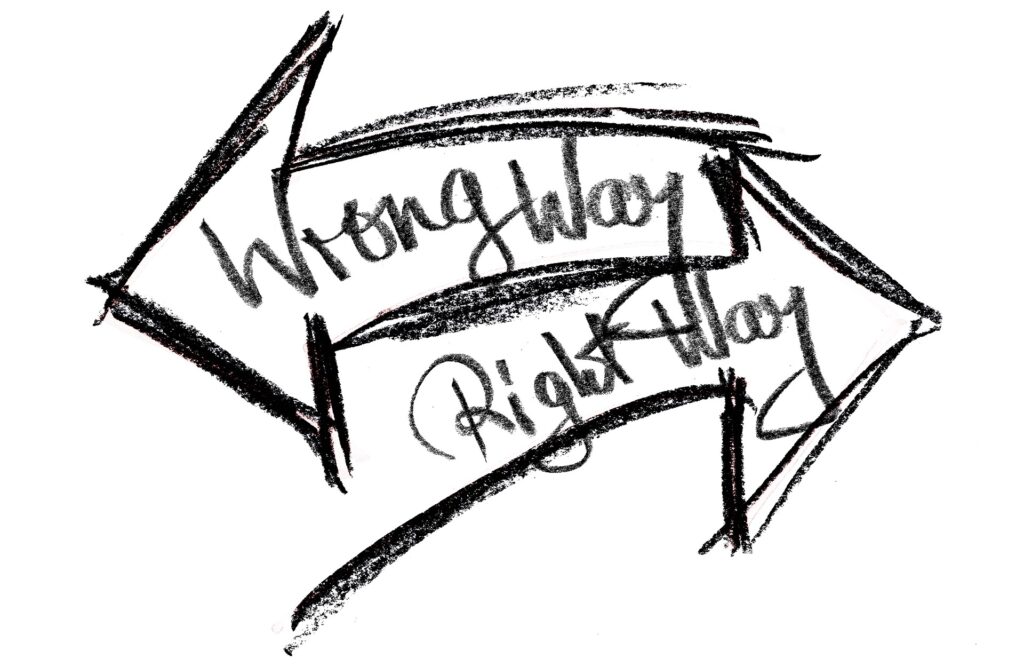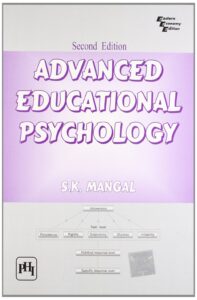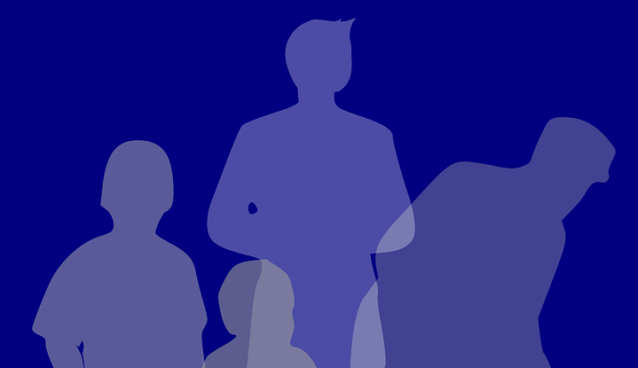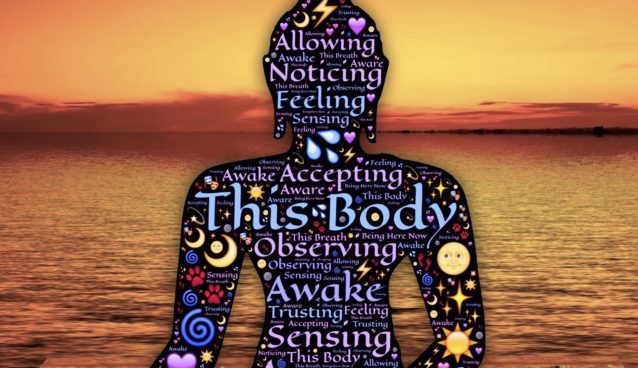Morality is synonym to ‘rightness’ or ‘goodness’. It refers to a specific code of conduct that is derived from one’s culture, religion, personal philosophy that guides one’s actions, behaviours and thoughts. Child development by age also includes moral development.
Moral Development is the emergence, change and understanding of morality from infancy through adulthood. Morality develops across a lifetime and is influenced by an individual’s experiences and behaviour when faced with moral issues through different periods of physical and cognitive development.
Lawrence Kohlberg puts forward the theory of the development of moral judgement in the individual , right from the years of early childhood.
Kohlberg suggested the Stages of Moral Development which are as follows :-
- Premoral
- Conventional Morality
- Self-accepted Moral Principles
Let us discuss in detail –
Kohlberg suggested moral development as the development of an individual’s sense of justice. He clarified that internal or cognitive processes like thinking and reasoning also play a major role in one’s moral development. In other words, the way children make moral judgement depends on their level of intellectual development as well as on their upbringing and learning experiences. He identified three levels of moral development, each containing two stages. The movement from one stage to another stage depends on cognitive abilities rather than the simple acquisitions of moral values of one’s parent, elders and peers.
